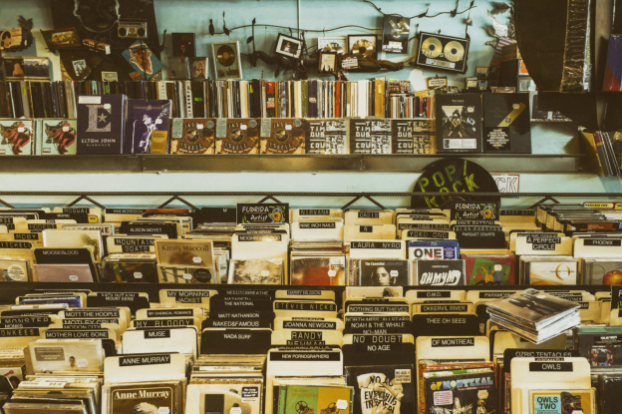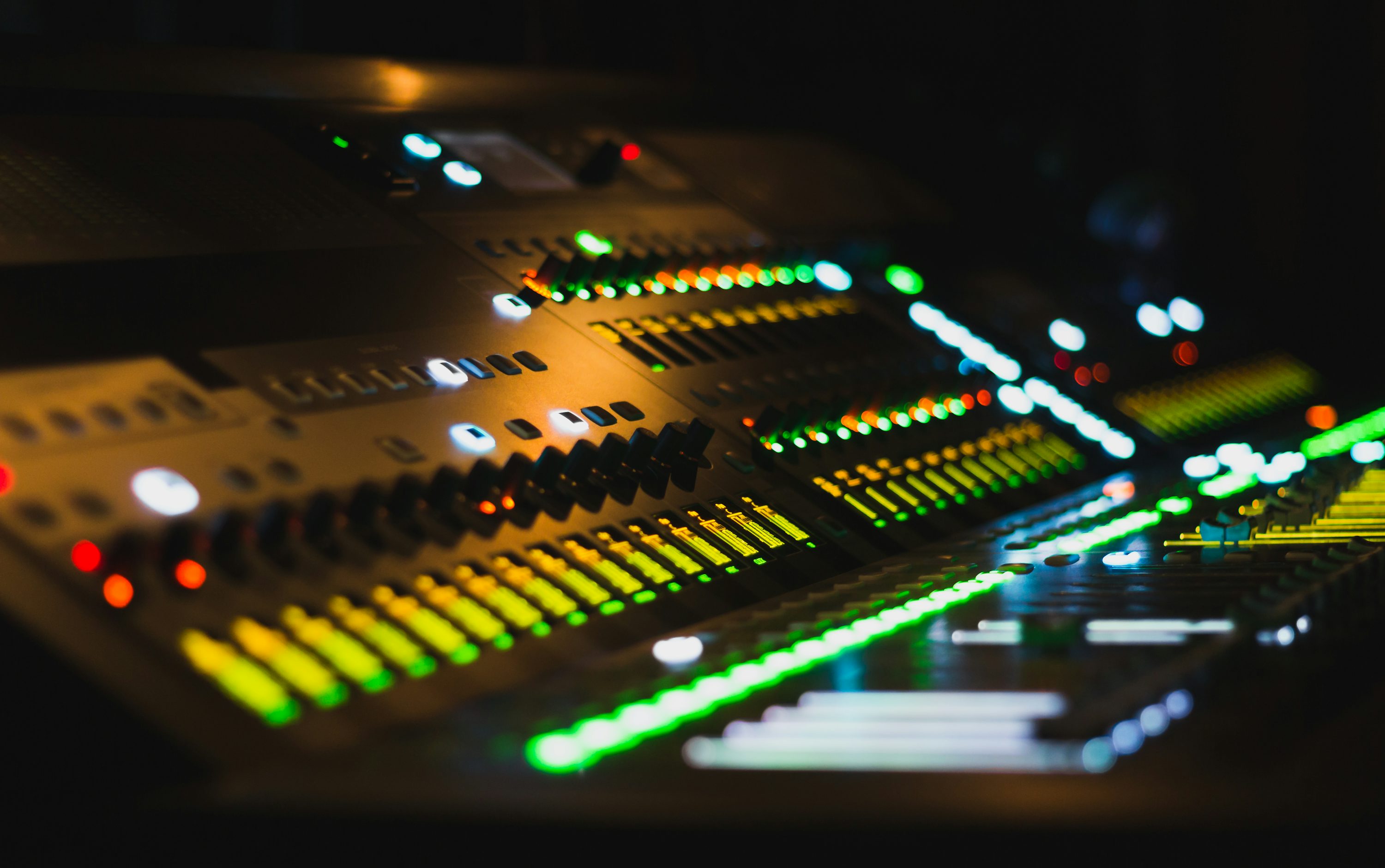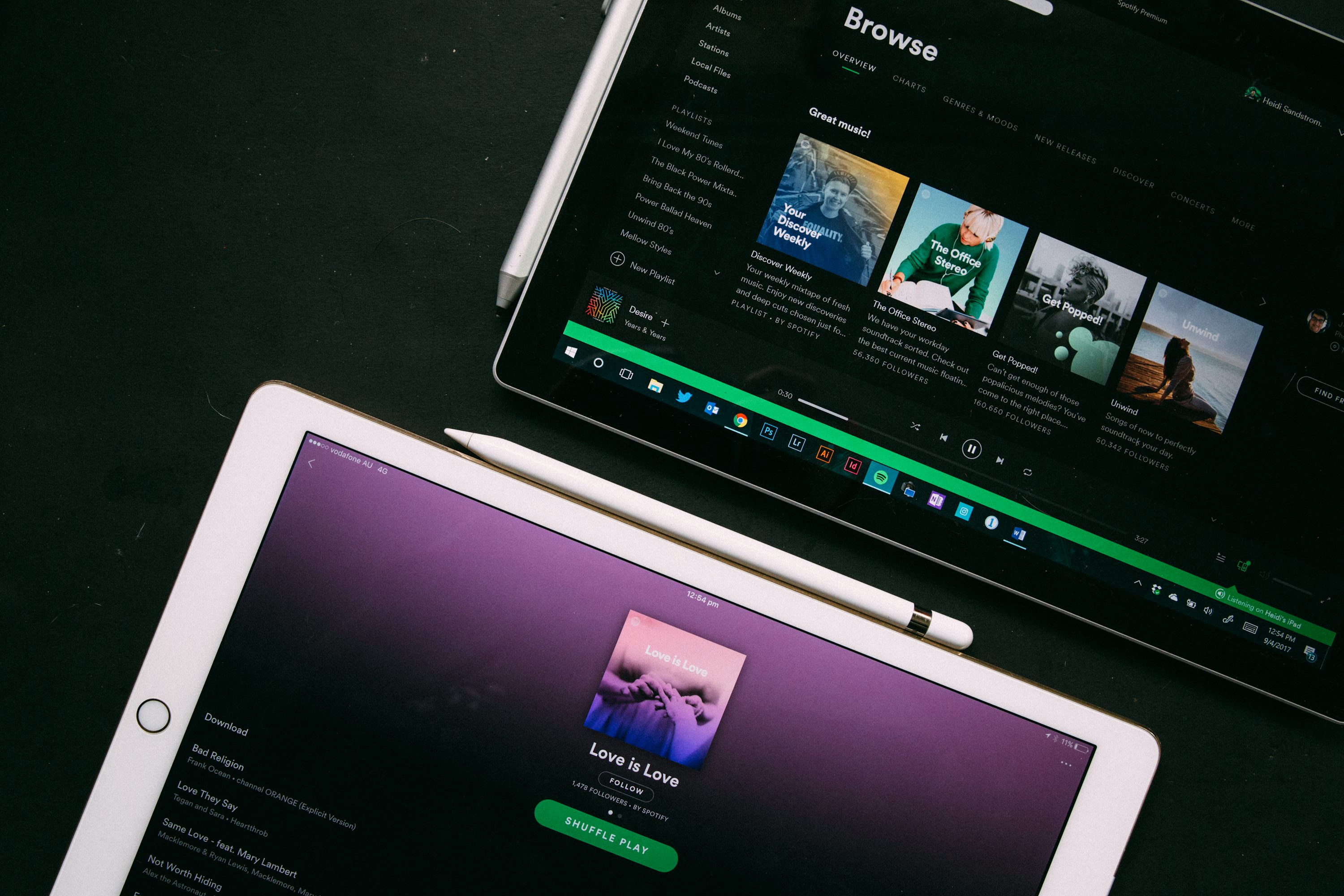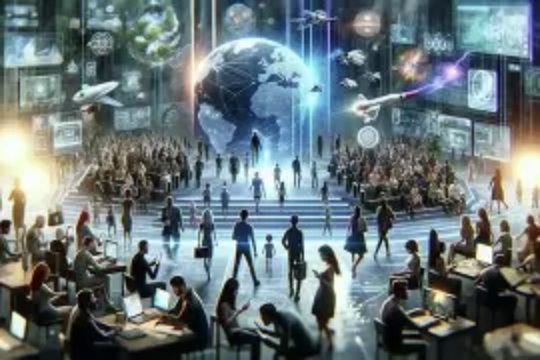Symphony between melody and code
Music, as one of the oldest and most universal languages of human beings, every innovation is inseparable from the progress of technology. From ancient musical instrument making to complicated orchestral arrangement, technology has always been the invisible hand of music expression. However, in the digital age, the integration of music and technology has reached an unprecedented depth, which not only changes the way we create, spread and consume music, but also redefines music itself.

Looking back at history, we can see that technology has subverted music forms many times. Edison invented the phonograph, which made music break away from the bondage of live performance for the first time and realized the reproduction and spread across time and space. Subsequently, magnetic tape, CD and MP3 appeared one after another, and each new medium made music acquisition more convenient. But these are just changes in the carrier, and the real revolution takes place in the core of music creation. With the birth of electronic synthesizer, musicians are no longer limited to the timbre of traditional instruments, and can create new sounds. With the popularization of MIDI technology, computers can "talk" with musical instruments, which provides unlimited possibilities for music production.
Nowadays, music technology has penetrated into every link. On the creative side, Digital Audio Workstation (DAW) has become the core tool of modern music production. Logic Pro, Ableton Live and other softwares integrate the functions of recording, arranging, mixing and mastering, so that a person can complete the production of an album at home. These softwares not only provide a large number of virtual instruments and sound effects, but also can intelligently help creators to correct pitch, rhythm and even generate melodies through algorithms. The intervention of artificial intelligence has made music creation enter a new era. For example, some AI composing tools can generate a complete piece of music according to simple parameters input by users, provide inspiration for creators, and even complete works independently.

On the communication and consumption side, the rise of streaming media platform has completely changed the business model of music. Spotify, Apple Music and other services, in the form of subscription, allow users to access massive music libraries anytime and anywhere. Their powerful recommendation algorithm can accurately push songs that users may like according to their listening habits, emotions and even geographical location. This personalized experience greatly improves the user's stickiness and gives independent musicians more opportunities to be discovered.

However, the future of music technology goes far beyond this. Immersive audio, such as spatial audio technology, is trying to reproduce the three-dimensional auditory experience, so that music is no longer a simple stereo output, but can surround the audience with sound. Brain-computer interface technology may enable musicians to create and perform through ideas in the future, and realize more direct and pure musical expression. From phonograph to artificial intelligence, every step of music technology is accompanied by wonder and controversy. But what is certain is that the symphony of melody and code will continue to write the most beautiful chapter of human civilization.
(Writer:Lany)


